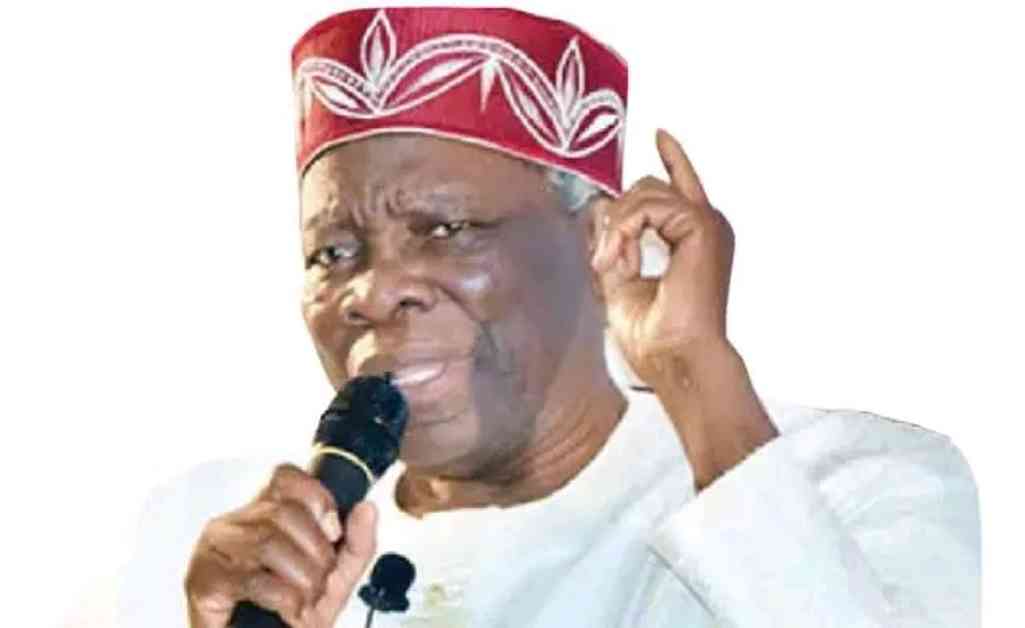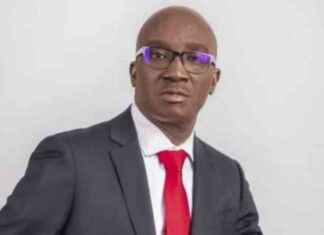Professor Akintoye’s Message: Yoruba Muslims Are Not Slaves
In a recent development that has sparked controversy and heated discussions across Nigeria, the Yoruba Nation Self-Determination Movement, led by Professor Banji Akintoye, has issued a strong response to the Sultan of Sokoto, Sultan Muhammad Sa’ad Abubakar III. The Sultan’s call for the imposition of Sharia law in Yorubaland has been met with criticism and rejection by the secessionist group, who vehemently declared that Yoruba Muslims are not obligated to recognize the Sultan as their leader.
The statement released by Professor Akintoye and his group emphasized the lack of Islamic provisions mandating Yoruba Muslims to accept the Sultan as their leader. It also refuted the Sultan’s claims that Yoruba people are denying Yoruba Muslims their religious rights, labeling it as misinformation and falsehood.
A Disrespectful Call for Sharia Law
The Yoruba Nation Movement’s response highlighted the perceived disrespect in the Sultan’s call for the imposition of Sharia law in Yorubaland. The statement criticized the Sultan’s approach and urged the Fulani nation to reconsider their stance on religious and political matters in Nigeria. The group emphasized the dangers of a “born-to-rule” mentality and stressed the importance of respecting the beliefs and traditions of different ethnic groups.
The statement from Professor Akintoye’s camp addressed the issue of the Sultan’s perceived attempt to assert dominance over Yoruba Muslims. It refuted the idea that the Sultan holds authority over Yoruba Muslims, highlighting the unique cultural and religious identity of the Yoruba people. The group emphasized the importance of upholding the independence, integrity, and dignity of the Yoruba nation and clarified that traditional rulers within the Yoruba community hold significant influence and reverence.
Despite acknowledging the Sultan’s position as a traditional ruler, the Yoruba Nation Self-Determination Movement made it clear that the Sultan’s authority does not extend to Yoruba Muslims. The statement emphasized that while Yoruba Muslims hold deep respect for Allah and Prophet Mohammed, their allegiance does not include the Sultan of Sokoto as their leader. The group pointed out the lack of Islamic tenets mandating Yoruba Muslims to recognize the Sultan’s authority and highlighted the role of traditional rulers such as the Ooni of Ife and the Alaafin of Oyo as the foremost leaders within the Yoruba community.
Challenging Misconceptions and Demanding Respect
The response from Professor Akintoye’s group underscored the ongoing tensions between the Fulani and Yoruba communities, particularly regarding religious and political matters. The statement called into question the Sultan’s silence on the violence and atrocities committed by the Fulani against Yoruba Muslims, highlighting a lack of leadership and protection for the Yoruba community. It also emphasized the importance of mutual respect and understanding between different ethnic groups in Nigeria.
As the debate continues to unfold, it is evident that the issue of religious and cultural identity remains a sensitive and complex topic in Nigeria. The Yoruba Nation Self-Determination Movement’s response to the Sultan’s call for Sharia law reflects a broader struggle for autonomy, recognition, and respect among ethnic and religious groups within the country. The group’s emphasis on upholding the values and traditions of the Yoruba people serves as a reminder of the importance of diversity, inclusion, and mutual understanding in a multicultural society.



























